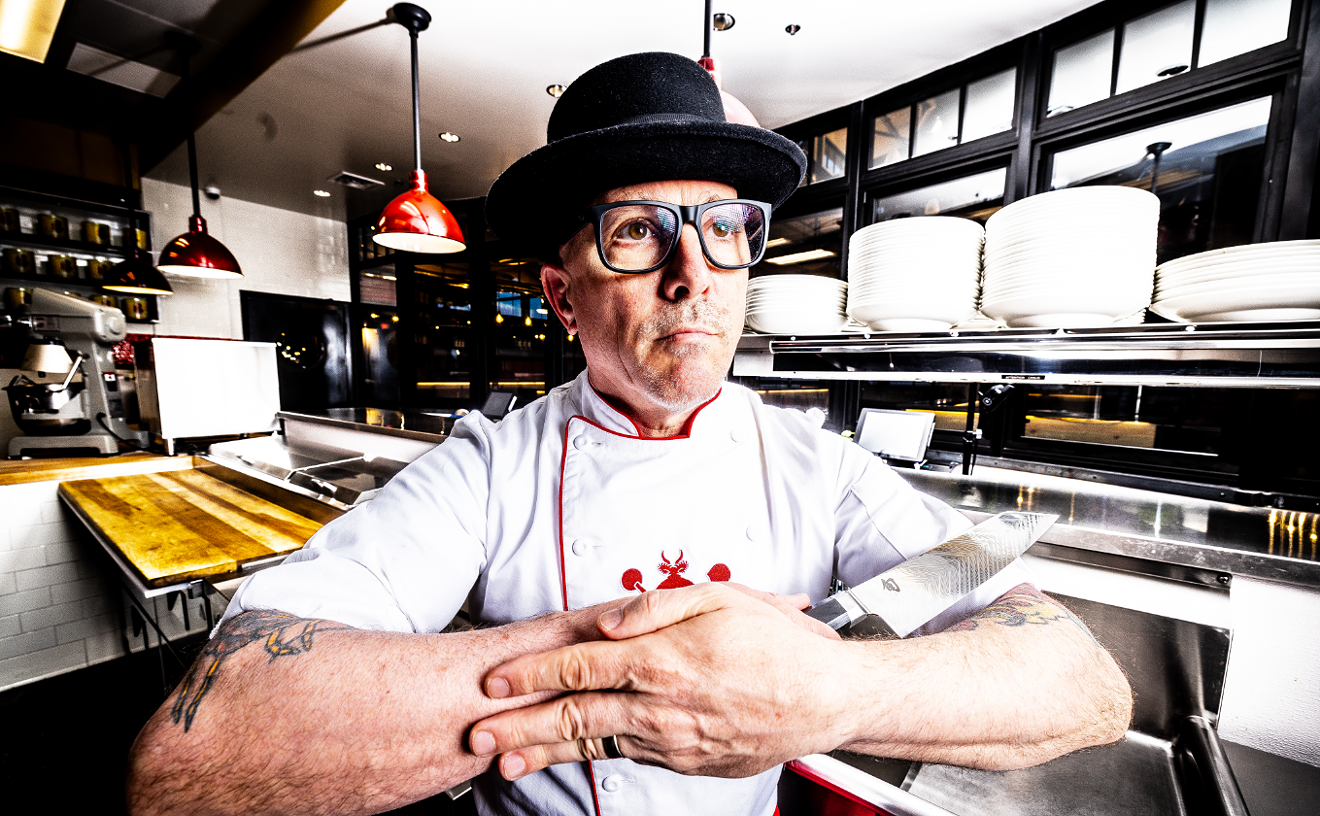It's the same with some books. In the case of Kitchens: The Culture of Restaurant Work, a new study by sociologist Gary Alan Fine (University of California Press), you have to get past unappetizing passages of academic jargon ("The negotiated order approach represents one of several theoretical apparatuses that attempts to link micro- and macroexplanations") before you get to the good stuff.
But if you persevere, you'll be rewarded by an entertaining tale. Fine spent lots of time taking notes at four Minneapolis-St. Paul restaurants: a hotel dining room with no culinary ambitions; a family-owned steakhouse; a fish restaurant popular with businesspeople; and a high-class French operation aimed at sophisticated diners.
Fine gives an eye-opening account of the conflicting pressures faced by chefs. Unlike most of us, they have three "bosses."
First, the customers, who insist on "quality" and "value," even though they may not have a clue about judging, or even recognizing, either of them. Second, they have to please management, which wants to minimize cost while maximizing customer satisfaction and profit. Third, chefs aren't workers on a factory assembly line. Their own aesthetic sense needs to be satisfied, too.
Fine also understands the natural tensions between cooks and servers. Cooks have higher public status, but servers often make more money, particularly in popular upscale restaurants.
The claims of the customer complicate their relationship. Diners demand prompt service, which means servers (whose tips depend on pleasing the customer) hound the cooks. The cooks, though, resent these demands, since they derive no benefits from surrendering their autonomy. Servers, in turn, believe the kitchen doesn't understand the pressures under which they work. Unlike the chefs, they're stationed at the front lines, and are always "on."
The conflict even extends to what the customer orders. At one of Fine's restaurants, for instance, the expensive rack of lamb was priced about 30 percent over cost, while a much cheaper chicken dish was priced at almost four times its cost. (Although the lamb cost more than the chicken, customers looking to "get their money's worth" would do better ordering the lamb, since a much smaller percentage of its price translated into restaurant profit.)
The servers have an interest in the lamb--the higher the bill, the higher the tip--so they tend to push it. The chef, however--who gets a bonus for keeping down food costs--has a different perspective. To him, customers ordering rack of lamb instead of the chicken are taking money out of his pocket.
Fine also discusses restaurant cleanliness. Squeamish readers may want to skip over this section. The author says he became "inured" to sanitary problems--everything from using filthy towels to wipe pans to cooking food that had dropped on the floor. One kitchen worker, acknowledging the problem, said that "50 percent of the American public, if they saw what goes on inside of the kitchen, they would never eat out again."
--Howard Seftel










